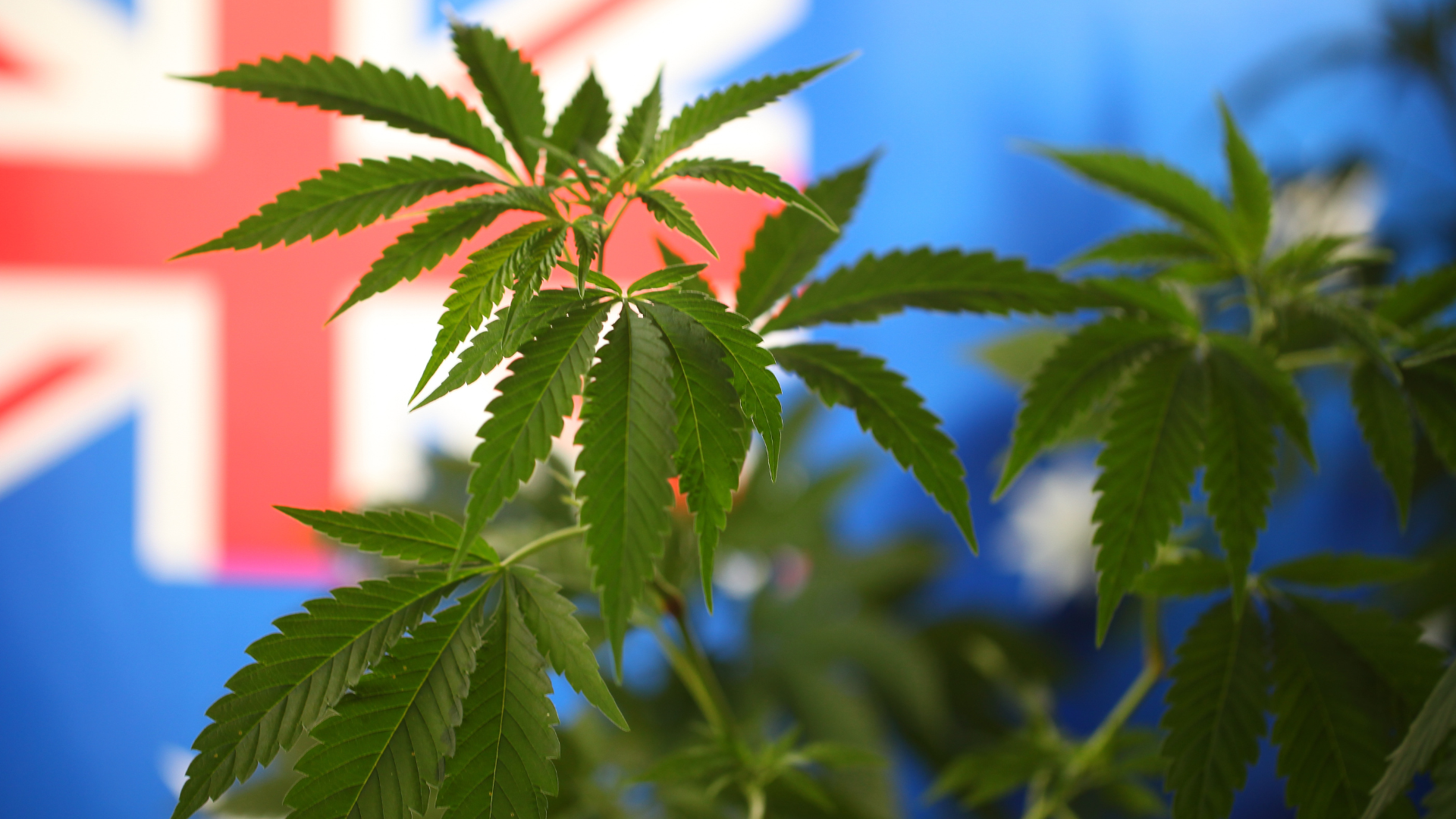No products in the cart.

Growing Public Support for C*nnabis Legalisation in Australia
Public sentiment towards c*nnabis legalisation in Australia is shifting significantly. Recent surveys conducted in 2024 show that approximately 45% of Australians now support the legalisation of recreational c*nnabis. This marks a notable increase from previous years and reflects a broader cultural change and evolving attitudes towards cannabis use. (AIHW 2024)
Several factors contribute to this change in public opinion:
- Success of Medicinal C*nnabis Programmes: The successful rollout of medicinal c*nnabis programmes has showcased the plant’s therapeutic benefits. Many Australians have seen how medicinal c*nnabis helps individuals manage chronic pain, epilepsy, and other serious health conditions. This has fostered greater acceptance among the general public. As more patients share their positive experiences, the stigma surrounding c*nnabis continues to diminish. Additionally, doctors and healthcare professionals increasingly view cannabis as a legitimate treatment option, further validating its use.
- Global Influence: International developments have played a role in shaping Australian views. Countries like Canada, Uruguay, and several US states have legalised recreational c*nnabis. Their experiences demonstrate that regulated markets can function effectively and safely, encouraging Australians to consider similar reforms. Media coverage of these successes has informed the public about the potential benefits of legalisation, such as reducing criminal activity associated with the black market and generating substantial tax revenue.
- Economic Benefits: Legalisation presents an opportunity to boost the economy. A regulated c*nnabis industry could generate significant tax revenue and create thousands of jobs across various sectors, including agriculture, retail, and healthcare. This potential is especially appealing as Australia recovers from the economic impacts of the COVID-19 pandemic. Advocates suggest that redirecting resources from law enforcement to public health and education would also be beneficial. A legal c*nnabis market could reduce the costs associated with prosecuting and incarcerating individuals for c*nnabis-related offences.

However, opposition remains. Concerns about increased substance abuse, impaired driving, and youth access persist. Critics worry that legalisation could exacerbate these issues, leading to negative social and health outcomes. Law enforcement officials and conservative groups often highlight these potential risks. Nevertheless, supporters argue that a regulated market would enable better control, education, and harm reduction. They believe that proper regulation can prevent underage sales and ensure product quality, reducing the dangers associated with contaminated c*nnabis. (Parliament of Australia, Chapter 2)
Public opinion is increasingly leaning towards reform, and the debate is expected to continue gaining momentum. The Australian government faces the challenge of addressing both public demand and the concerns of opponents. Policymakers will need to balance public sentiment with health and safety considerations.
With nearly half the population in favour, legal c*nnabis in Australia seems increasingly possible. The growing support suggests that Australians are open to a regulated approach that prioritises safety, education, and economic growth. As more evidence emerges from international models, the path towards legalisation could become clearer, paving the way for a future where cannabis is legally accessible to all adults in Australia.



Leave a Reply